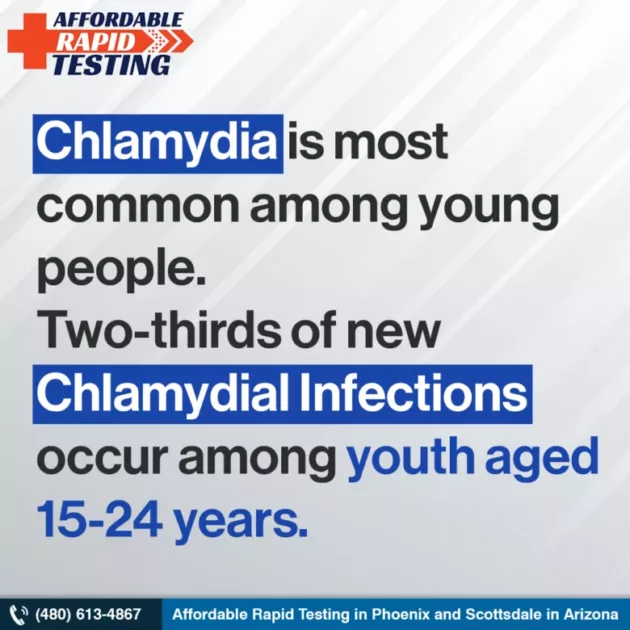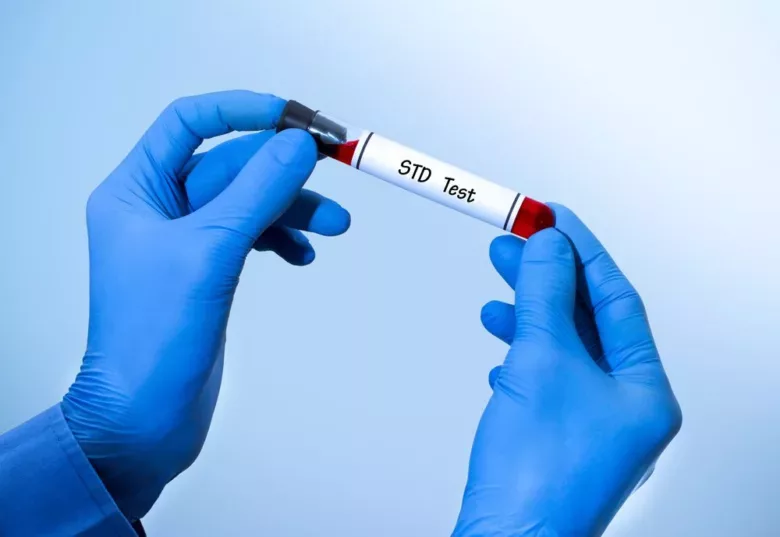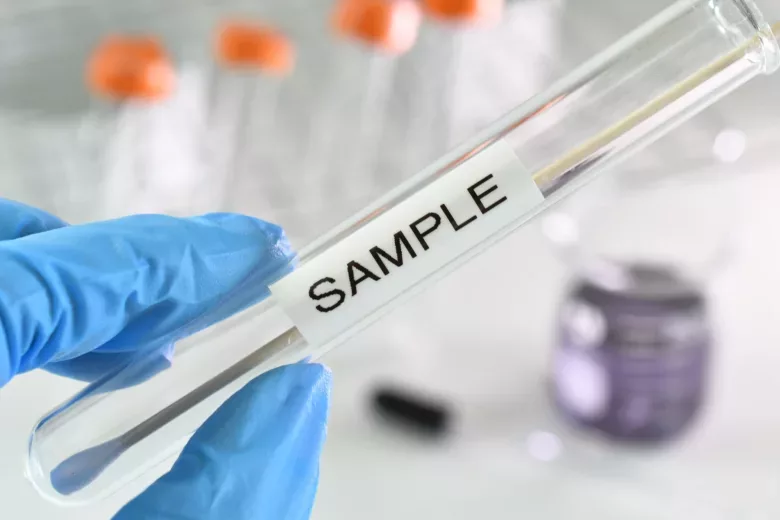STDs or Sexually Transmitted Diseases pose a significant public health concern throughout the world and have been a menace for ages. Among them, Chlamydia is the most commonly reported STI in the US. As per the periodic evaluations hosted by the CDC, over 1.6 million cases of Chlamydia were reported in 2021 among men, women, and children.
This blog aims to provide a detailed overview of the complications, symptoms, testing, and treatment of this STD, to empower individuals to take proactive steps toward prevention and seek prompt STD tests when necessary.
What is Chlamydia?
The STI caused by the Chlamydia Trachomatis bacterial pathogen is known as Chlamydia. It is usually asymptomatic and causes severe complications when left untreated, such as Proctitis, infertility, Urethritis, and Cervicitis. In infants, an untreated case of Chlamydia leads to Conjunctivitis or even Pneumonia. However, the infection is highly treatable to the extent that 95% of the cases are curable with just regular antibiotics hence the STD phobia in this case is usually unnecessary.
Signs and symptoms of Chlamydia
Chlamydia is notorious for its asymptomatic nature, which calls for heavy and regular screening processes. Even when symptoms appear in the early stages, they are very mild and can be easily overlooked. However, when the symptoms do show, they differ in men and women, and can also differ from individual to individual.
Symptoms in men
Some common symptoms of Chlamydia in men are:–
- Painful and frequent urination
- Testicular pain
- Penile discharge
- Swollen testicles
- Rectal pain
Symptoms in women
Some common symptoms of Chlamydia in women are:–
- Painful urination
- Pain during sexual intercourse
- Vaginal bleeding between periods, especially after engaging in sexual activity
- Abnormal vaginal discharge
- Pain in the lower abdomen and back
- Fever
- Rectal pain
- Nausea
How can one contract Chlamydia?
Chlamydia is fairly common among young people engaging in risky sexual behaviors. This is even more prominent in women where one in every twenty sexually active women in the age range of 14-24 was diagnosed with the disease. Getting Chlamydia in a faithful relationship is entirely possible and contracting the disease does not mean your partner has engaged in a sexual relationship with someone else.
Looking at its prevalence, we understand that the infection is easy to contract and spread. Here are some ways in which one exposes themselves to the risk of Chlamydia:–
- Unprotected vaginal, oral, or anal sex with someone who has the disease.
- Pregnant women who have Chlamydia can transmit the disease to the baby in their womb.
However, Chlamydia is definitely not spread through non-sexual contact such as kissing, hugging, or sharing the same space and utensils.
STD Testing for Chlamydia
Since Chlamydia can be asymptomatic, regular testing is essential, especially for sexually active individuals or those engaging in high-risk behaviors. STD tests for this disease aim to determine the presence of Chlamydia Trachomatis bacteria in the sample collected.
For the STI testing, the healthcare provider will need your urine sample or collect a swab of fluid from your vaginal, anus, eye, or throat. In case your test involves a urine examination, the first-catch sample is needed. Collect the urine in the clean cup provided by the health care examiner. In case this is a swab examination, the healthcare professional will rub a cotton swab on the inside of your vagina, penis, or anus to collect the secretion fluid.
These samples will then be sent to the lab for testing. If you are using an at-home self-test kit, it is your responsibility to ensure that the package reaches the laboratory without contamination or damage. The most prevalent way of Chlamydia testing is the NAAT (Nucleic Acid Amplification Test), where the DNA of Chlamydia trachomatis is detected.
Do’s and don’ts before getting a Chlamydia test
Before you get tested for Chlamydia, your healthcare examiner will inform you of a few measures that must be taken to ensure the accuracy of test results. They might include:–
- Discontinuing certain medications (antibiotics).
- Not urinating for a few hours before the test.
- Using any creams or foreign substances other than water on your penis, vagina, or anus.
What medicines are used to treat Chlamydia?
Usually, Chlamydia is easily treatable with the prescribed dosage of antibiotics. If you are diagnosed with Chlamydia, you will be prescribed either one dose of Azithromycin or a week-long course of Doxycycline. You will be under a 21-day treatment of Doxycycline in case your infection has reached the LGV (Lymphogranuloma venerum) stage.
Once the treatment is complete following regular medication and prescribed guidelines, there is usually no need to get re-tested for Chlamydia. However, if you are pregnant, or under 25 years of age, a re-test is advisable as you qualify as an at-risk individual with the probability of re-infection.

How long should one wait after Chlamydia treatment before resuming sexual activities?
It is recommended to abstain from any sexual activity until the completion of the antibiotic course. However, it is best to remain on the safe side and refrain from having sex until after one week of completing your medication.
Choose Affordable Rapid Testing, Phoenix for the most accurate STI testing
Affordable Rapid Testing provides easy, reliable, and affordable STI testing services. As Chlamydia is usually an asymptomatic infection, it becomes a priority to get tested and treated in due time by an STD testing specialist. It is natural to worry about the quality and dependability of lab results in this case as they directly influence the treatment. With Affordable Rapid Testing, Arizona, you can bid these worries goodbye and rely on our state-of-the-art infrastructure for the most accurate Chlamydia test results.



My friend recently opened up about a risky encounter they had and the importance of getting tested for STDs for peace of mind. Understanding the urgency of the situation, I’m committed to assisting them in finding a clinic that provides free STD testing services to prioritize their health and safety. Btw, thanks for informing us on how due to chlamydia’s well-known lack of symptoms, screening procedures must be thorough and frequent since, even in the early stages of the disease, signs are usually minor and easily missed.